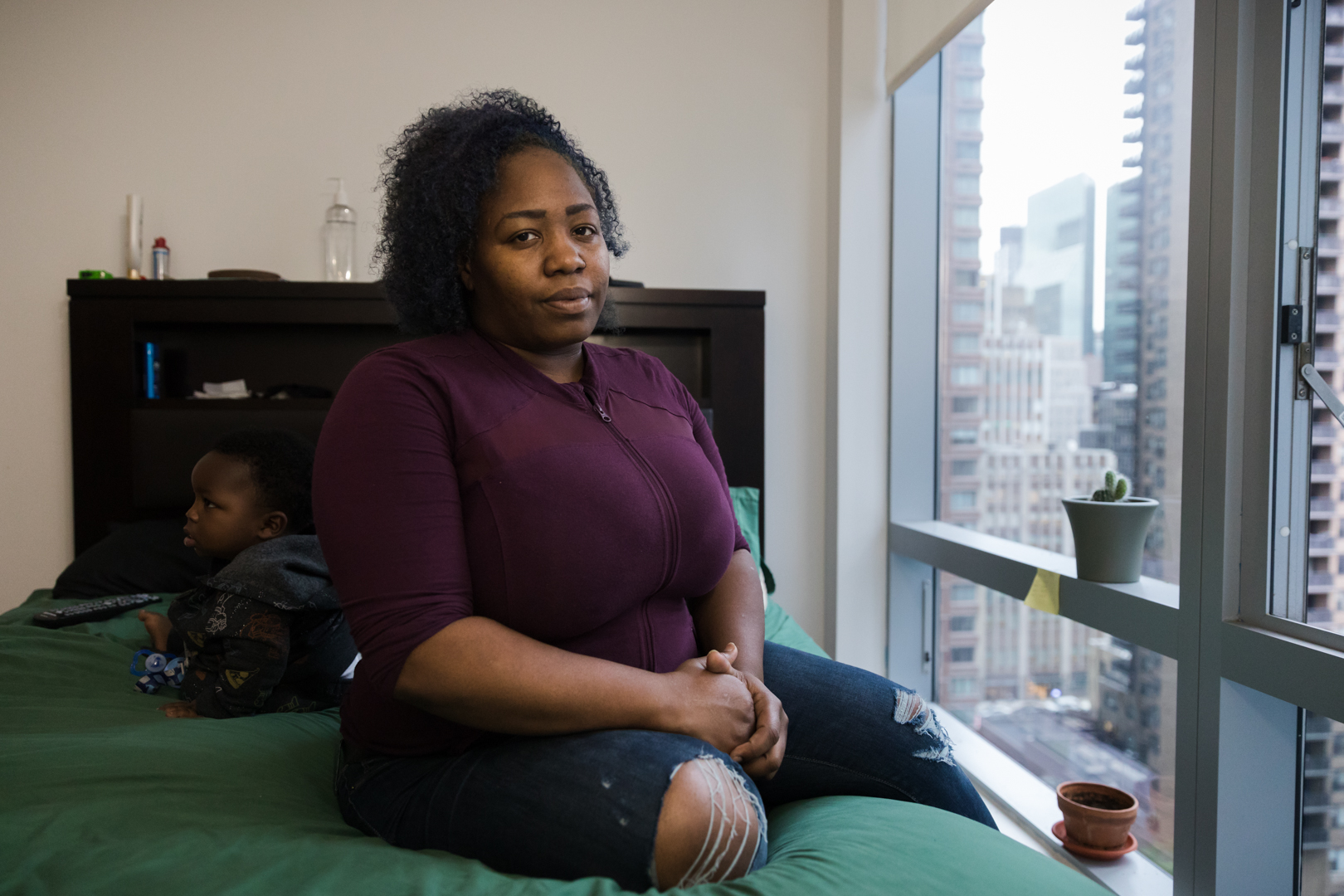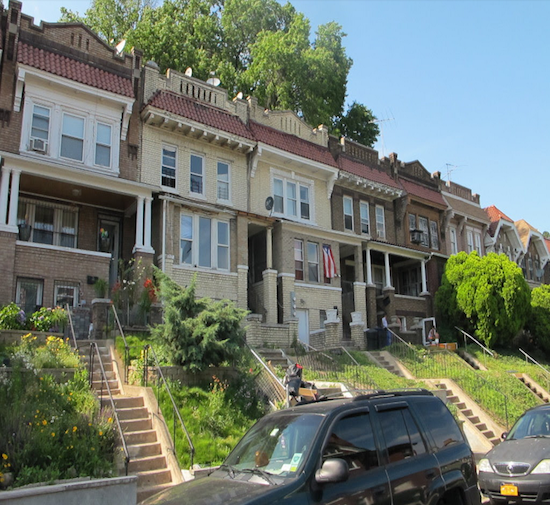Families of those killed by police can request an independent investigation. In Brooklyn, most have not.
Strict rules surround the investigation of police killings — and those rules may be getting stricter.

Victoria Davis' brother, Delrawn Small, was shot and killed by an off-duty police officer on July 4, 2016. Eagle photo by Paul Frangipane
This is the first article in a series about the Civilian Complaint Review Board.
After Victoria Davis’ brother was killed by an NYPD officer, there were a few months during which she believed justice would come.
Delrawn Small, Davis’s older brother, was fatally shot by off-duty officer Wayne Isaacs in the early morning hours of July 4, 2016. As Small was driving through Cypress Hills, Isaacs allegedly cut him off. Small got out of his car and walked toward Isaacs’ car. Within seconds, Isaacs shot him in a killing captured on surveillance video.
